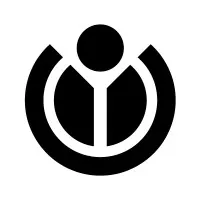Sr Engineer - Data Platform & AI (USA)
PointClickCareFull Time
Senior (5 to 8 years)

Candidates should have 3+ years of data engineering experience with exposure to on-premise systems like Spark, Hadoop, and HDFS. A strong understanding of engineering best practices, maintainable code, and troubleshooting systems for performance and scaling is required. Desirable qualifications include experience with architectural/system design, technical ownership, data governance, data lineage, and data quality initiatives. Proficiency in Python or Java/Scala, knowledge of SQL and various database/query dialects, and working knowledge of CI/CD processes and software containerization are essential. Familiarity with stream processing frameworks, Kubernetes, Flink, Iceberg, Druid, Presto, Cassandra, and AI development tooling are considered bonus skills. Good communication and collaboration skills are also necessary.
The Data Engineer will design and build scalable, robust data pipelines using tools such as Airflow, Spark, and Kafka. Responsibilities include implementing monitoring and alerting systems for data quality, assisting in the design and implementation of solutions for data governance and lineage, and collaborating with peers to improve and evolve the shared data platform. The role also involves enhancing operational excellence by identifying and implementing improvements in system reliability, maintainability, and performance.

Operates Wikipedia and free knowledge projects
The Wikimedia Foundation operates Wikipedia and other free knowledge projects, aiming to create a world where everyone can freely access and share knowledge. It provides a platform for users to read, contribute, and share content, while also supporting the volunteer communities that help maintain these projects. The foundation is funded by donations from individuals and institutions, emphasizing its nonprofit status. Unlike many other organizations, it focuses on making knowledge accessible to all without charge, advocating for policies that support free knowledge initiatives. Its goal is to empower individuals to contribute to and benefit from a collective pool of knowledge.